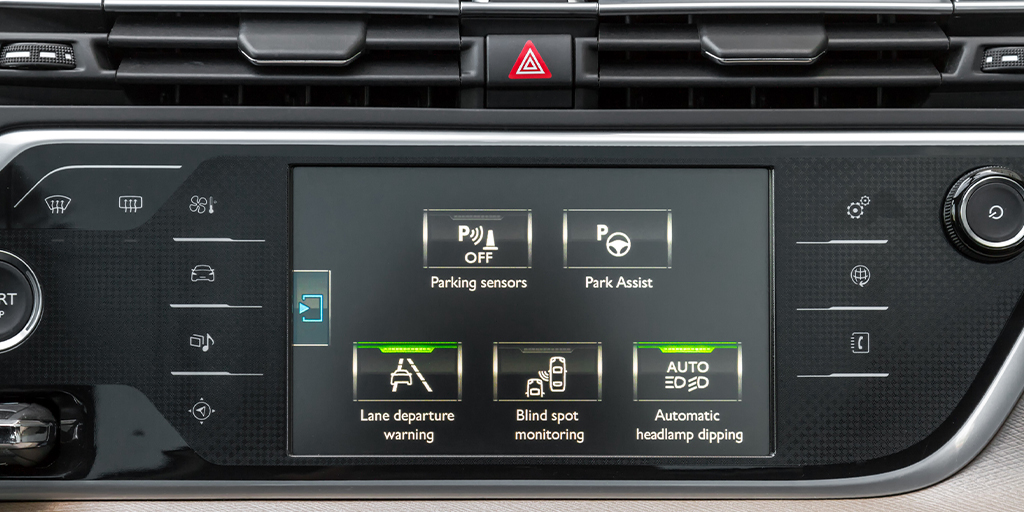The targets are a stretch: Last year, the target was 22% of all new cars sold, and this year, it is 28%. By 2035, all new cars sold must be zero-emission. New BEV sales were a little under 20% of the market last year, and this year’s forecast suggests around 24% of new car sales will be BEVs.
Manufacturers missing the ZEV target face very significant fines, which, according to the Society of Motor Manufacturers and Traders (SMMT), led to significant discounts on new EVs, which cost them £4.5bn last year. The motor industry has lobbied the government to change the ZEV mandate, and while UK Business Minister Jonathan Reynolds has reaffirmed that it will not affect the 2035 deadline, there are signs that the rules may be relaxed with the opening of a government consultation announced just before Christmas.
The consultation will last just eight weeks. It will seek industry views on how to deliver on the government manifesto commitment to restore the 2030 phase-out date for new purely petrol and diesel cars and make the transition to zero-emissions vehicles a success.
Updates to the Zero Emission Vehicle (ZEV) Mandate seem likely, and there is speculation that hybrid cars may still be sold beyond the planned 2030 cut-off period. A change in the tapering towards 2030 is also possible, with a modest reduction in the early years and a greater emphasis on the years immediately preceding 2030.
Although the capacity for movement is limited, confidence will be the critical factor in seeing more consumers opt for a BEV. Some will point to price, but in the used market, the price of a BEV is close to and sometimes lower than that of a petrol/diesel equivalent. More affordable used BEVs are now emerging in forecourts, and the public charging network is improving. Consumer confidence in switching to an all-electric car seems to be improving, and this used BEV demand is vital to the sale of new cars.
The other reason for increasing consumer confidence in BEVs is running costs. “An electric car will be cheaper to run than a petrol or diesel car for the majority of people.” RAC website October 6th 2024.
The cost argument, growing awareness and confidence, and the sheer availability of BEVs (and the decline in petrol/diesel options) will all contribute to a steady trend toward electric motoring. The ZEV Mandate will help contribute to this trend by ensuring an increasing supply of used BEVs.









